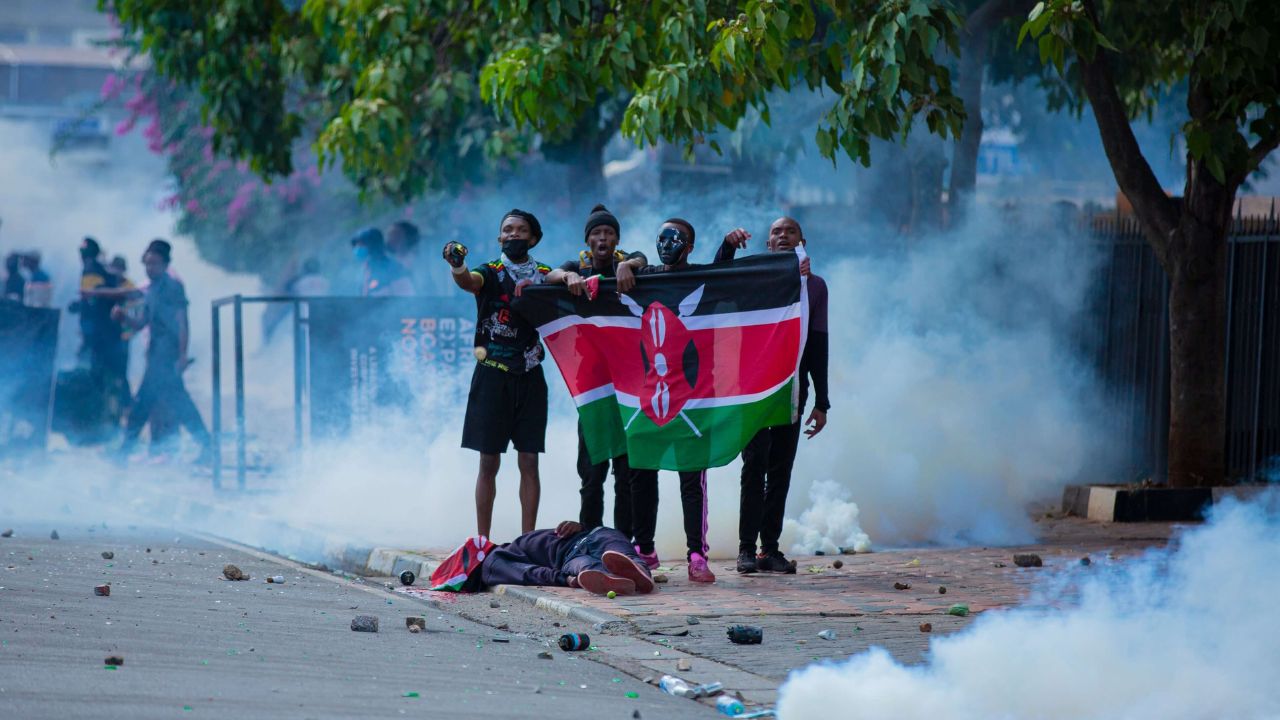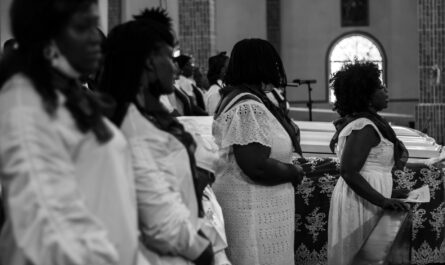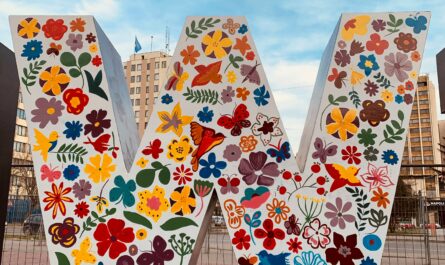Six years ago, my father died. I was on a call with my mother when it happened. She had called me, as she often had done before, to ask about the side effects of the medication my dad was taking. The doctor had recently changed his prescription, and one of the listed side effects that Dr.Google told me was fainting. Dad had had a few episodes that week.
On hearing this, my father told my mum, “Bado safari,” ate his melon slice, and asked to be helped back into the house from the verandah. I tried calling mum as she helped him back into the house, but she wasn’t picking up. Dad had died at this time.
My immediate reaction was to pray for God to be with him. I wanted God to welcome him into his presence. To care for him. Up to this point, I had never struggled with the question of whether we should pray for the dead. It had never even crossed my mind. But here I was praying for him.
A few days later, it was time for the burial. I went to the funeral home accompanied by two elders of Dad’s church to ensure his body was dressed in his pastoral vestments. While we waited, a pastor had bailed out on a family at the funeral home. This family had lost their son to leukaemia, and there was a rumour he had been bewitched. Although the choir had arrived, there was no pastor present to offer a prayer before their procession. I told the brother of the deceased, who had informed me of their predicament, that I would pray for them. He called his family in, and I directed the two elders I was with to give two intercessory prayers. These prayers were interspersed with the choir singing hymns. I then gave a brief sermonette and released the family to go bury their dead.
My dad, by this time, had been dressed and was in his casket, waiting to be picked up. It was difficult to send off Dad. My relatives were wailing, and many dirges were sung. I don’t think I have fully recovered. I still have intense emotions about funerals in general to date. I understand why we may want to pray for our departed loved ones, given the opportunity.
Last week, I received one such invitation to pray for the dead. It was an interdenominational memorial prayer service for departed Gen-Z protesters. Invitees were told to go wearing/carrying the Kenyan flag to pray for the dead. Our nation is experiencing profound grief in response to the June 25, 2024 events. But the answers to our Christian faith are not based on experience. Our experiences vary. When mourning, some people express denial. They are in shock or disbelief about what happened. Others are angry. I have a friend who lost his dad; and he would get angry every time he saw an old man who was about his late dad’s age. Depression and bargaining are also stages of grief.
But these intense experiences, noted in the Kübler-Ross grief cycle model, can be misleading because we can be stirred for good or for bad. Our desires and our experiences do not define what is true of God. Is it, therefore, right or good to pray for our departed loved ones? Is a church theologically sound to organise a prayer service for the dead? What does the Bible teach about this?
We die once
Hebrews 9:27 says: ‘And just as each person is destined to die once and after that comes judgment’. This is true for every single person in the world. We die once, and after this judgment. Judgment in Hebrews 9:27 is about where we are going to spend our eternity after we have physically died. We will either be with Christ or away from Christ. Our prayers for the dead change nothing. The deceased are either resting in Christ or away from God.
To be more direct, should we pray for our departed loved ones? No. We should not. The Kenya Coalition of Church Alliances and Ministries (KCCAM) erred in organising prayers for the deceased to meet its objective of organising and sustaining a prayer, evangelism and discipleship thrust for a sustained spiritual awakening.
Apart from this non-biblical practice, I also saw a danger in this prayer service that we need to be careful about as a church — in nationalism. Pastors and congregants were carrying the Kenyan flag in the name of “occupying the church”. Such occurrences aren’t unique to in our nation. But there is a difference between loving our country and being a nationalist. Nationalism’s ugly head is seen in hatred toward particular people groups within and outside the nation’s borders. This prayer service used prayer as a weapon with the wrong ammunition. Rather than use the sword of the Spirit, which is the word of God, it fired nationalism with the flag rituals. Most people engaging in nationalistic practices are unaware that they are engaging in idolatry. An idol is anything that takes the place of God in your heart (1 John 5:21 NLT). We can be patriots without being nationalists. A patriot is someone who loves their country and is willing to suffer for the sake of their country. He/she both prays for and works hard to improve their country.
Patriotism is not:
*Believing that our country is better than any other country. We often meet comments that insinuate directly or indirectly that the Kenyan community, especially online, sees itself as better than any other country.
*Believing our country is chosen or favoured by God. I have heard this statement said several times by different preachers. There is, however, no nation in the Bible — apart from Israel in the Old Testament — that is said to have been chosen/favoured by God.
Worshipping our country alongside worshipping God is wrong. When we elevate Kenya to the status of an idol by engaging in worship that blends God and country as if the two are linked together, we fail as church leaders. Good worship is never “God and —”. It is always God alone. I believe we should remove the Kenyan flag from Christian worship spaces so that nobody confuses the worship of God with the veneration of a nation. Worship should focus on God alone, and it should not even hint at the idolatry of nationalism.



